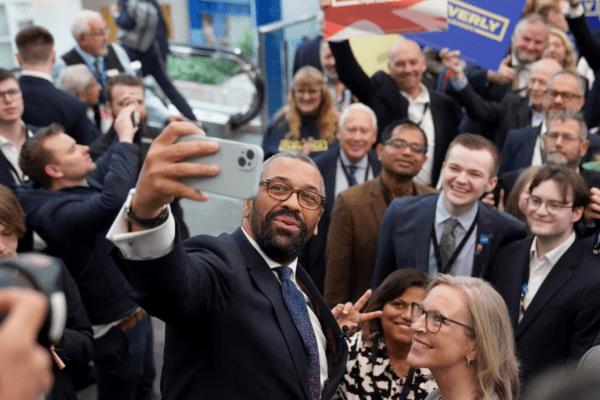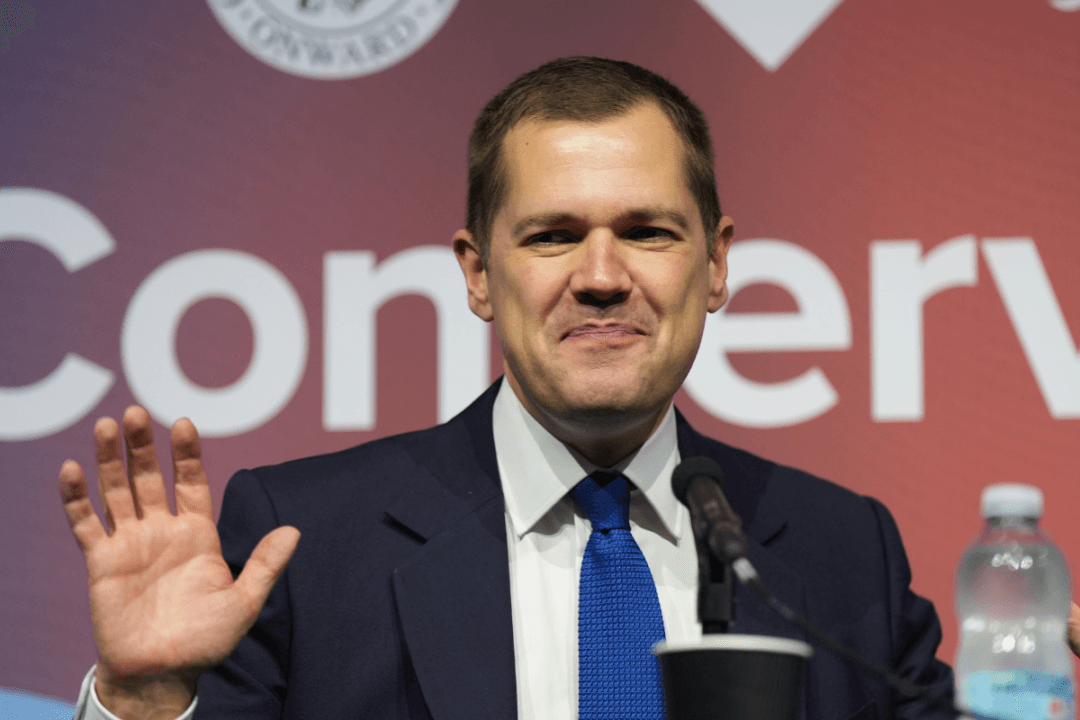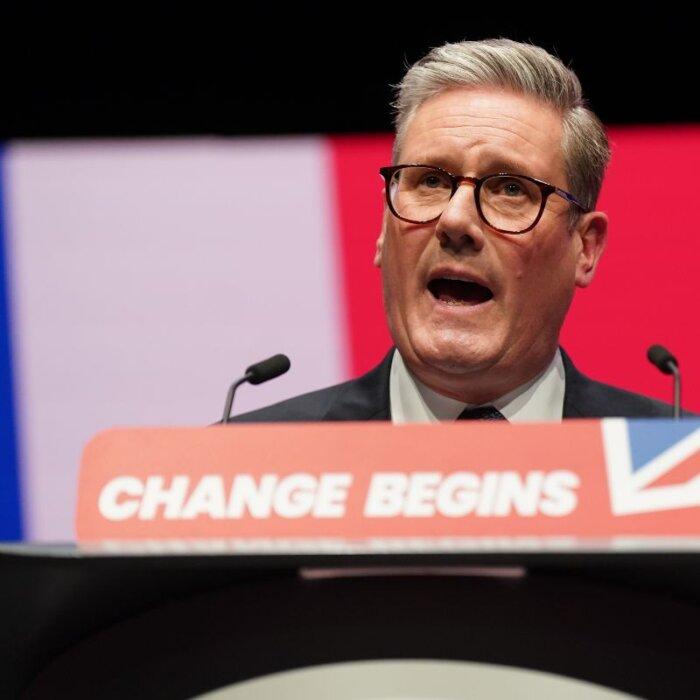The UK’s membership of the European Convention on Human Rights (ECHR) is a “leave or die” issue for the Conservative Party, leadership candidate Robert Jenrick has said.
Speaking at a rally in Birmingham on Monday, Jenrick said that ending the court’s jurisdiction was critical and that ignoring the power the document has over Britain would mean continuing to fail voters, who demand the government take back control of the country’s borders and laws.
Jenrick said during the party conference fringe event that while the ECHR started out as a “noble” document, it has been “twisted and bent out of all shape by activist judges,” charities, and NGOs, making it now “impossible” for the UK to deport terrorists, criminals, and illegal immigrants.
The MP for Newark in Nottinghamshire said the ECHR “creates an arsenal of laws by which illegal migrants can frustrate their removal, a merry-go-round of legal cases, costing you millions, costing you billions in hotels, and preventing us from doing what the public want, which is to secure our borders. We’ve got to bring this farce to an end once and for all.”
“We live in an age of mass migration. There are millions of people on the move looking to come to our great country. We have to tackle this issue. We will never, never tackle it whilst we remain within the European Convention on Human Rights,” the former immigration minister said.
Higher Defence Spending
Jenrick is one of four MPs in the race to replace Rishi Sunak as party leader, along with James Cleverly, Kemi Badenoch, and Tom Tugendhat.They will set out their positions to their fellow Conservative MPs before the next rounds of voting on Oct. 9 and 10, where they will be whittled down to two, before the party membership will ballot on which of those remaining will be the next party leader.
The candidates will be attending fringe and main events across the four days of the conference this week, many hosted by conservative think tanks and organisations, such as the Centre for Policy Studies (CPS) which saw Cleverly take questions on issues including defence and the NHS.
Cleverly, who like Tugendhat had a long military career, argued that two of his main policies—bringing down taxes and higher military spending—were not incompatible, if welfare spending were reduced.
“The welfare budget alone, from pre-COVID to now, has jumped by about 3 percent of GDP. It’s now 11 percent,” Cleverly told CPS Director Robert Colvile on Monday.
“So if we brought the welfare budget back down to pre-COVID levels, we could carve off a little bit of that saving to get defence to 3 percent,” Cleverly said.
The shadow home secretary added that it was “quite a modest aspiration,” given the cost of actually going to war, saying an estimated 40 percent of Ukraine’s GDP is now directed towards its war effort.

Reform the NHS
The MP for Braintree in Essex also weighed in on NHS spending, saying the country had “tested to almost breaking point the idea that just more money will sort it out.”Cleverly said: “Even the Labour Party have now come to the conclusion that without meaningful reform, there is no upper limit to the amount of money that you can plough into the NHS ... So we absolutely do need to reform the NHS.”
The Conservative leadership contender said one reform could be more focus on the “front end” such as screening, early diagnosis, and prevention, in order to catch illnesses and cancers early, rather than focusing more on reactive treatments once a person’s condition had progressed. This would work out better for patients and would be cheaper for the health service, he said.
“The system would be more sustainable,” Cleverly added. “We would be healthier and happier, and it would be a prize really well worth pursuing.”







